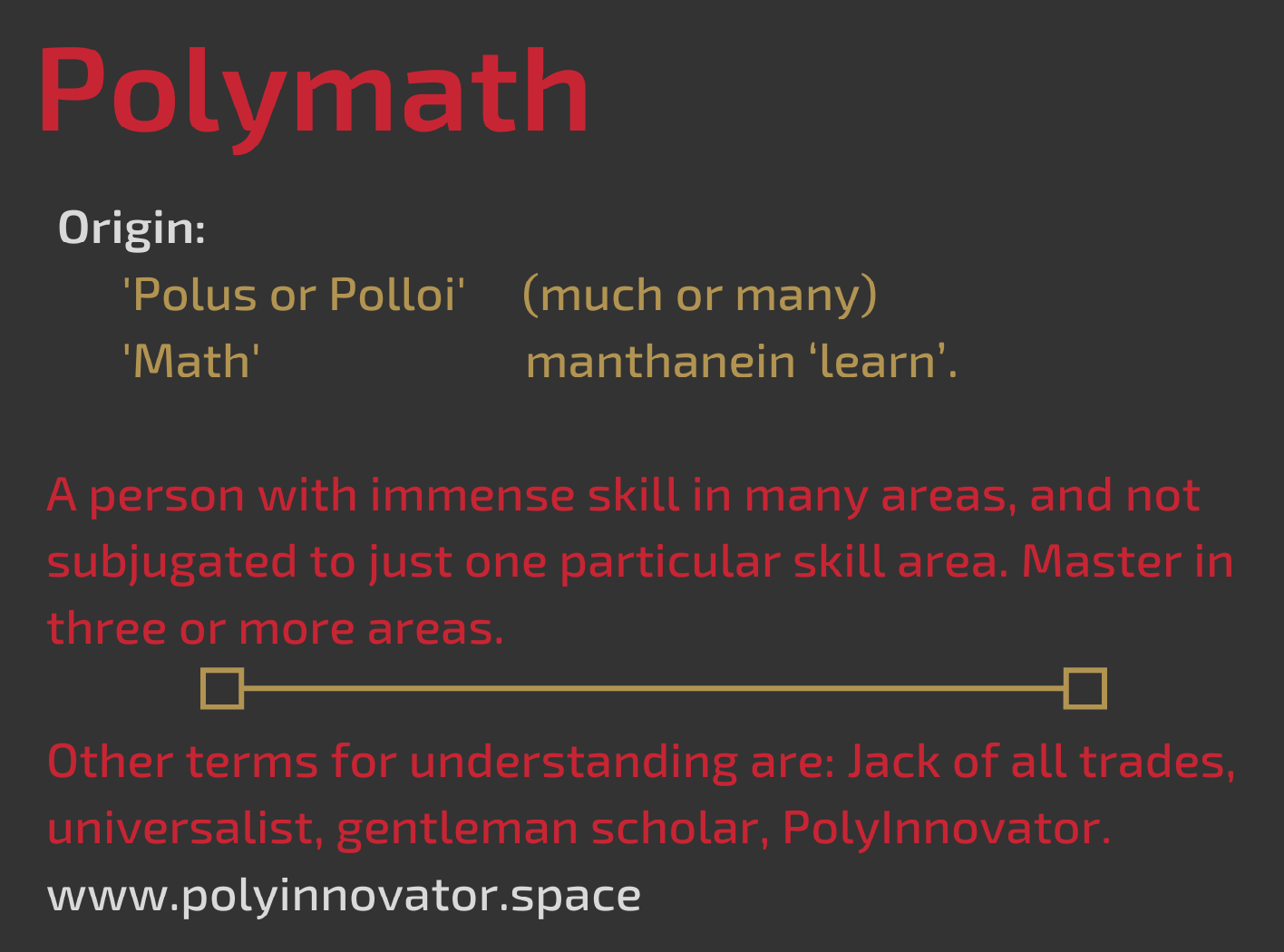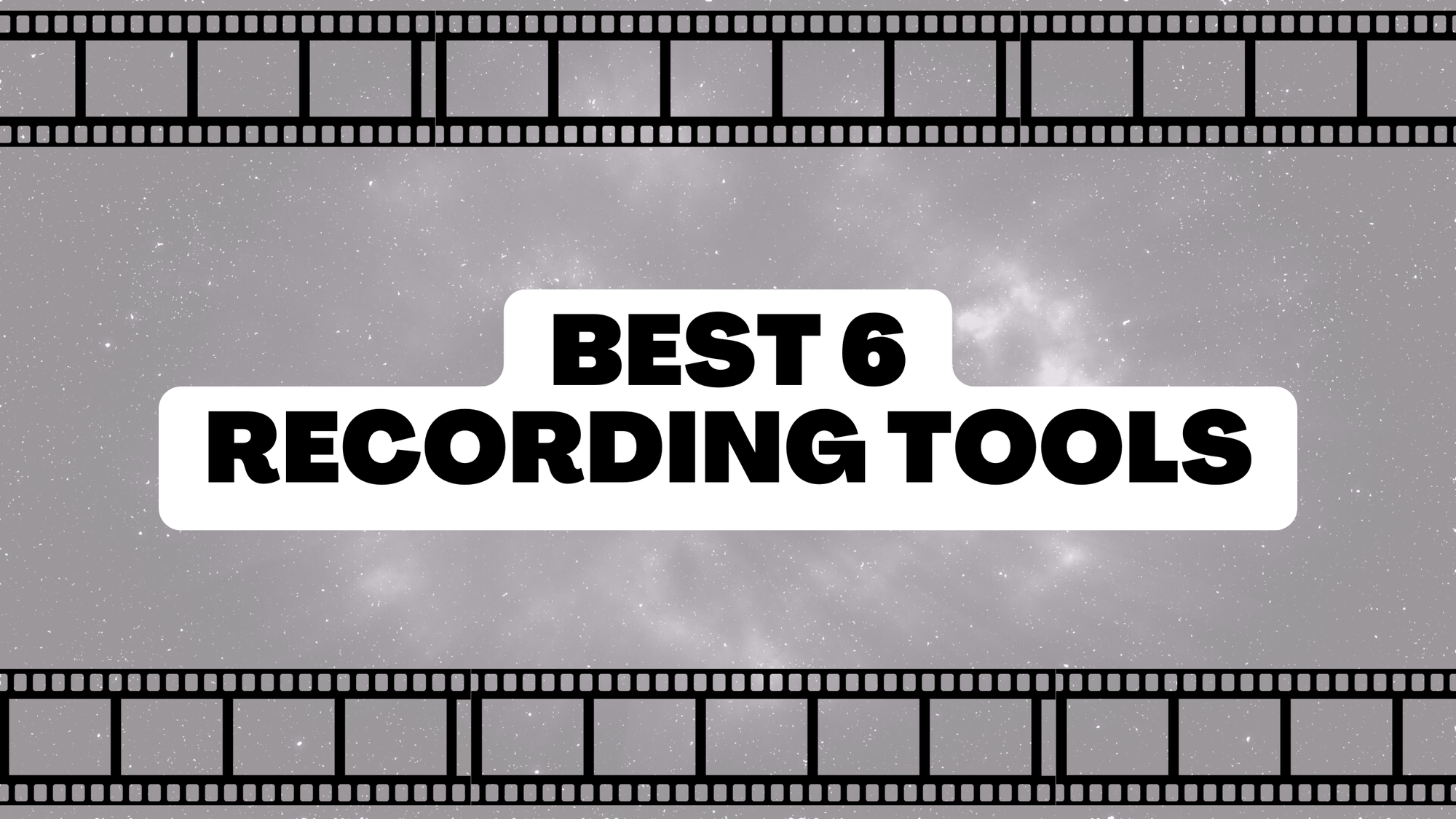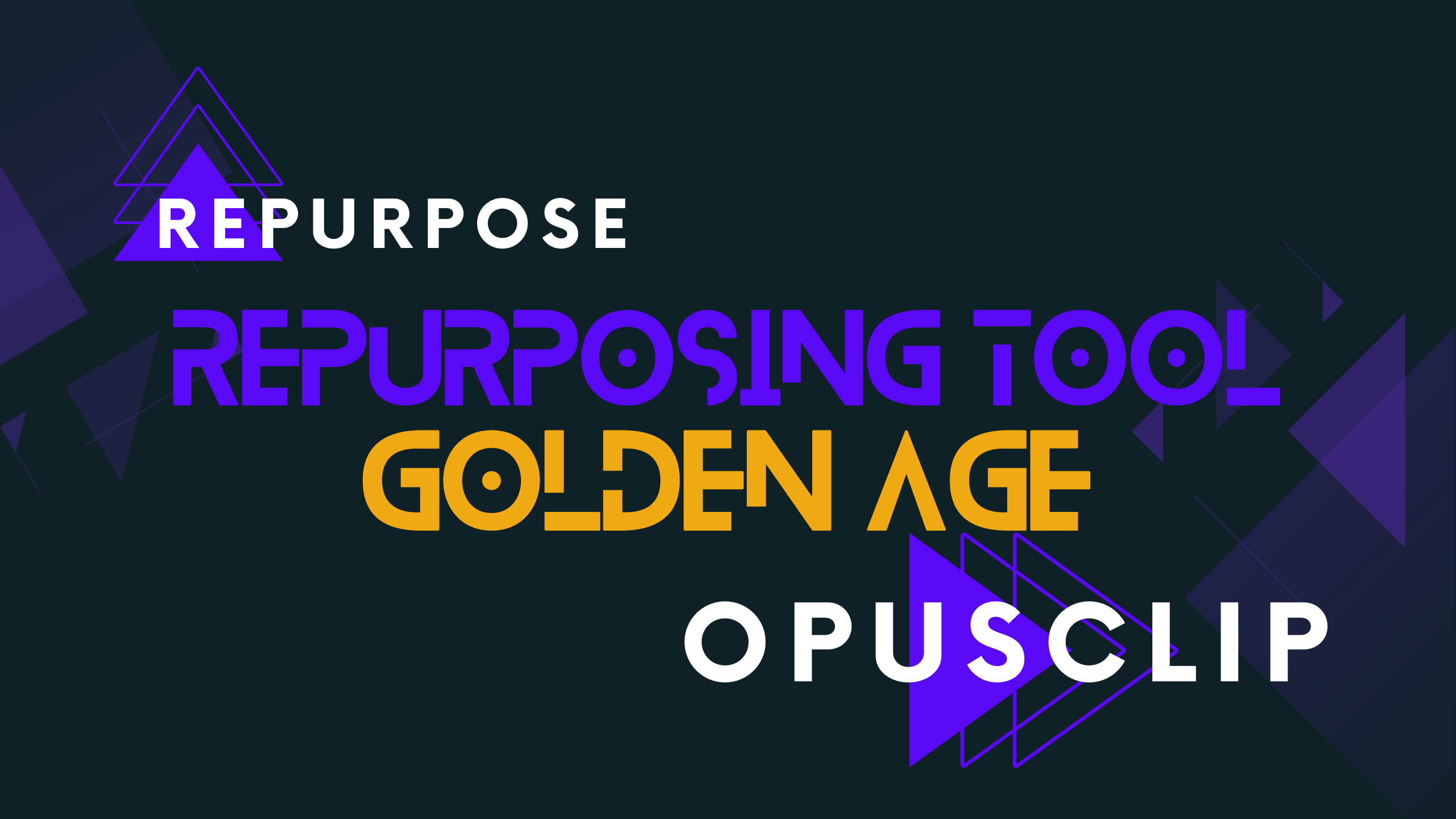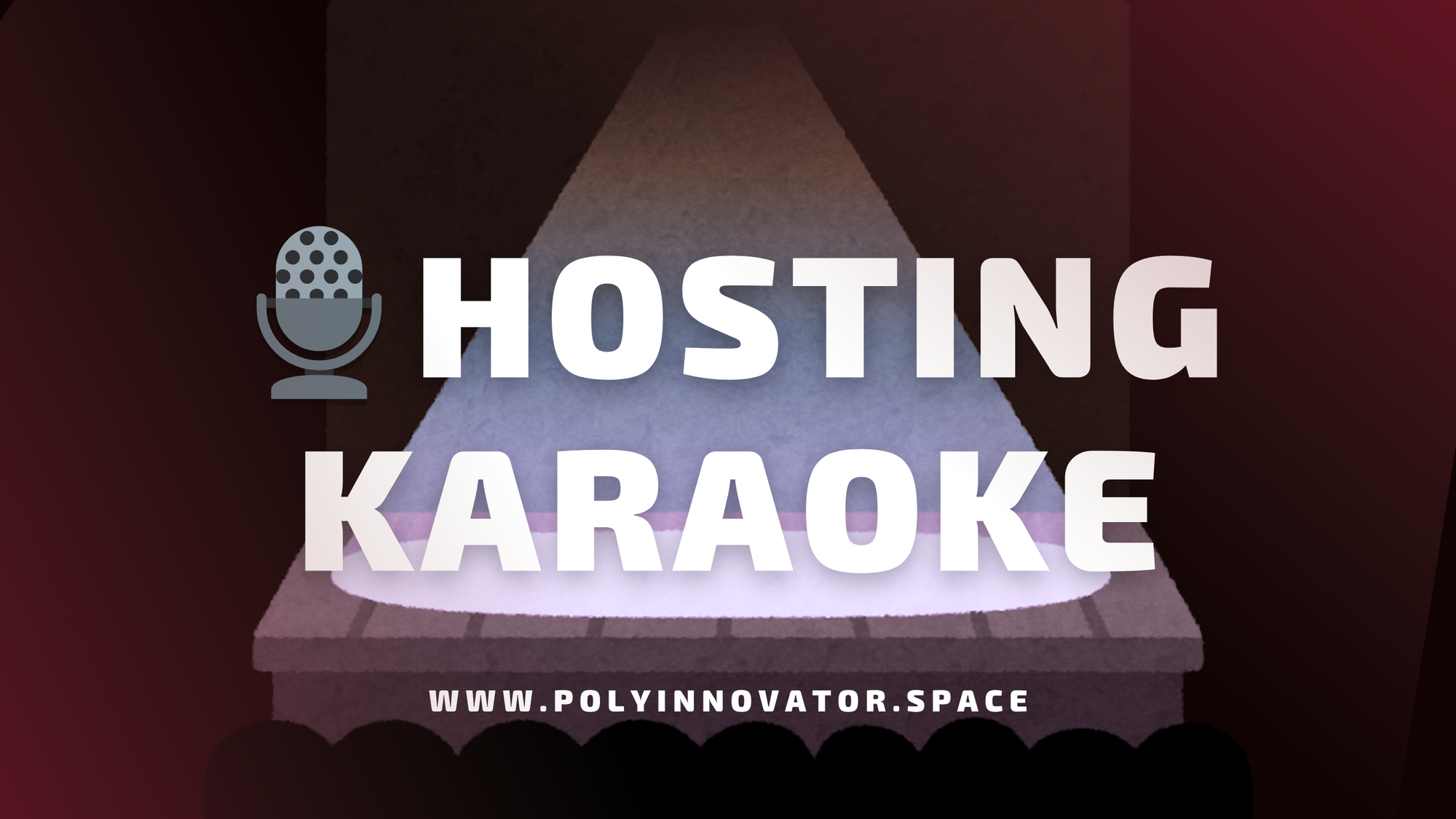This isn't going to be the end all be all definition. In fact not do I think the concept is evolving with this web3 renaissance, but even the people trying to define it are changing. From Michael Araki to myself, there are tons of amazing people talking about how to define a polymath. I try to link to some here.
However that is exactly why I am making this newsletter today because I want to continue the conversation around it, while also highlighting some works, so that more people can see them.
How others Define it
Some focus on the TYPE of expertise, and others focus on the NUMBER of expertise. I think for the most part everyone agrees that it is at least 3 or more areas of expertise.
Araki shows us the difference between creative vs passive. Meaning are you learning for the sake of learning, and being more of a dilettante? Alternatively, are you contributing to that area of knowledge. I think some people believe that you can only really contribute to an area via research or graduate school.
However I really don't think that is the only way.
How do I define it?
My personal definition is that of someone with quite a high level or even mastery in multiple areas (3 to 4 or more). When you achieve mastery in one area, you're a specialist, and when you do that in two? Well you're still a specialist, but people think you're super niched down.
A polymath is someone who can do that with MANY areas, as "Poly" simply means much or many in ancient Greek.

I see it as a path..
It is actually in two parts. The Multidisciplinary Spectrum, and the levels WITHIN polymathy itself.
When it comes to generalists, JoATs, or multipotentialites, the level of knowledge and the number of them can vary greatly. You might be an expert in one field, with a bunch of small ones, or just a vast array of small bits of expertise.
However once you hit the polymath level, there is a cut off point. Three areas of true expertise, AT LEAST, and how you define that was talked about earlier. However for the most part I envision it at around 70-80% knowledge in a particular field, or deeper. Although once you get to 90% and above, then you start to get into hyper-specialty, and that is a different story.
While all of the other terms on the Spectrum lead UP TO polymath, there is almost this hidden world of polymath levels as well. You have the number of areas of expertise (3 or more), the diversity of expertise (are they all similar subjects?), and the outcomes of those expertise (what you contribute).
Not only the question is asked, are you CONTRIBUTING anything to those fields, or some new combined field; But additionally, how deep are you REALLY in those fields? I don't want to add any more imposter syndrome to anyone out there, but it is a question worth asking.
I see myself as a Proto-Polymath
By some marks of the definition I could pretty accurately call myself an actual polymath. I have deep expertise in content creation/repurposing (as a subject), swim instruction, and I could also say consumer electronics. Given how much time I have spent with all three subject matters. There really isn't a whole lot of overlap, and I've spent almost all of my life with all three (over a decade at the minimum).
However by any stretch of the means or definition of polymathy, to me I see myself still as only getting started. That may be self-assigned, but I think it is prudent to mention. Not only do I not want the ego attached to self-proclamation of calling myself a polymath. I also want to have the opportunity to expand into even more areas of knowledge. I am a blossoming or budding polymathic person, or how I call it: a Proto-Polymath.


![Official Website for Dustin Miller PolyInnovator [LLC]](https://polyinnovator.space/content/images/2025/03/polyinnovator-logo-2024.png)












